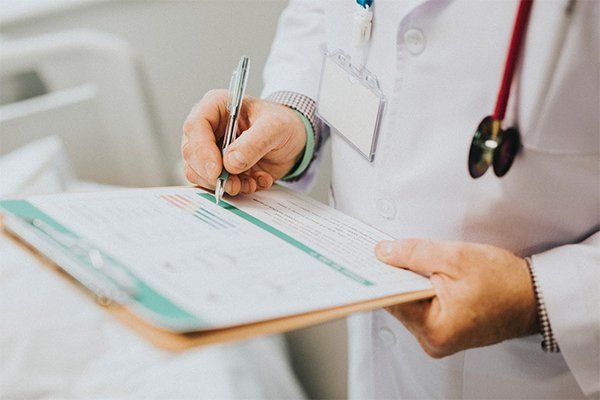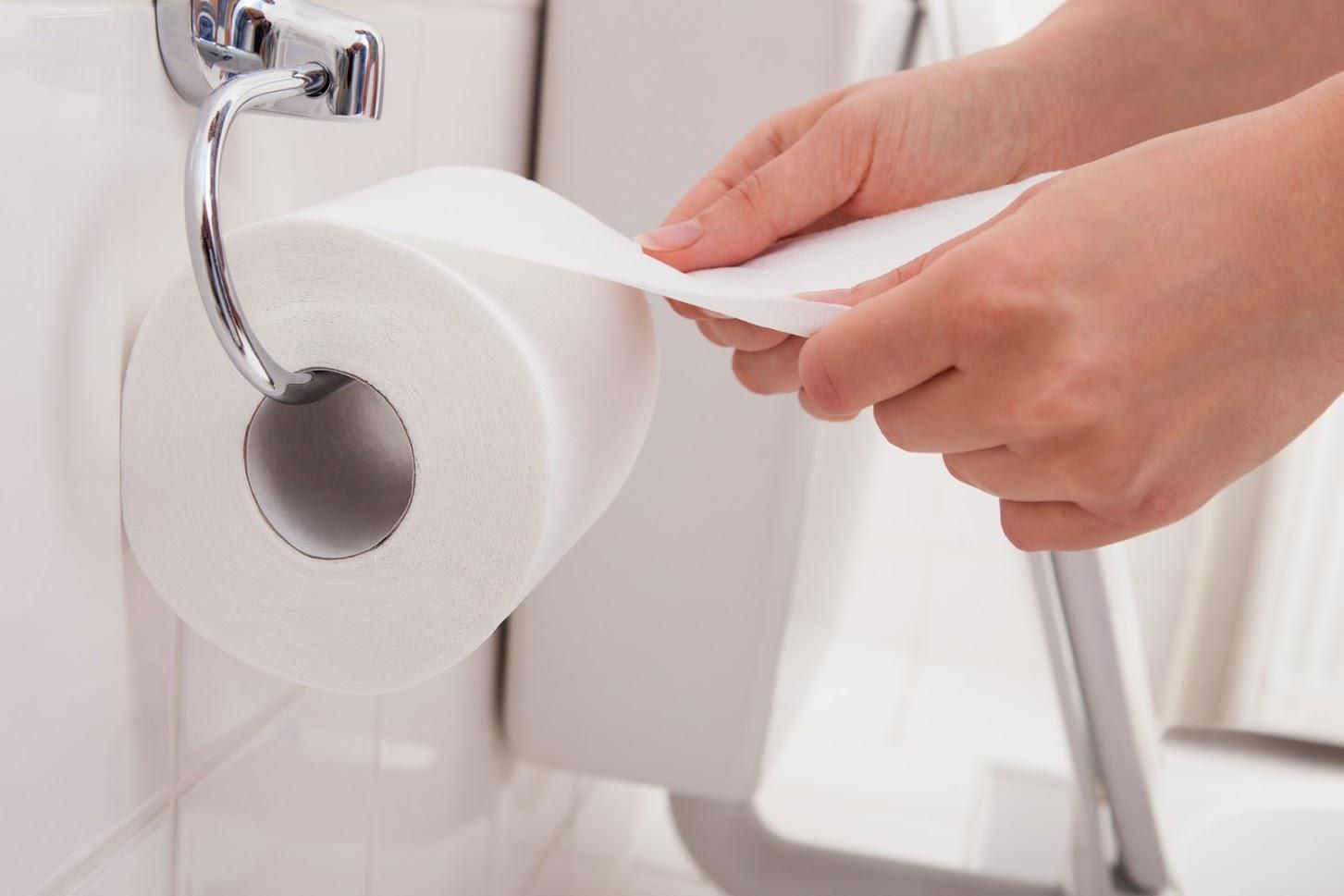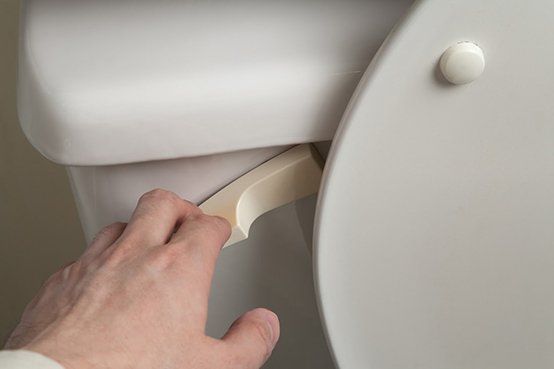Understanding Your Gallbladder and Gallbladder Stones

One organ in your digestive system that you may not think about often is the gallbladder. In fact, many people may not even realize they have this small organ until it starts to cause pain through gallstones. Gallstones are a common problem with the gallbladder, and while some patients never experience complications, you may need surgery to remove the offending organ.
If you would like to learn more about your gallbladder and gallstones, keep reading.
What Does Your Gallbladder Do?
The gallbladder is part of your digestive system and it assists the liver. Part of the liver's job is to produce bile, which helps break down fats. However, your body needs someplace to store produced bile until it is needed. The gallbladder serves as a holding tank for bile.
What Are Gallstones?
Sometimes, the gallbladder produces small hard, round objects that look like little stones. These are called gallstones, and they are usually made from cholesterol or bilirubin. Naturally, cholesterol gallstones are made of cholesterol. Since cholesterol is already found naturally in the body, this is a common form of gallstone.
Bilirubin stones are also called pigment stones. They develop if red blood cells start to break down in the liver. This condition may also present with jaundice.
What Are the Symptoms of Gallstones?
Some gallstones don’t cause symptoms. However, smaller gallstones pose issues because they can get trapped in the bile duct. Large gallstones may be too big to get trapped in the duct, but if they get too big, they can put pressure on the inside of the gallbladder.
One of the leading symptoms of gallstones is pain in the upper right quadrant of your abdomen. The pain often comes on fast and is intense. In some cases, the pain may radiate to other parts of the body, such as the breastbone.
Some patients also feel pain between the shoulder blades or pain in the shoulder. In extreme cases, you may also have nausea or vomiting. If left ignored, you may also develop jaundice and a high fever.
How Are Gallstones Treated?
Diagnosing gallstones is easy because they can usually be spotted with an ultrasound. If a gallstone has gotten trapped in the bile duct, the doctor may also use and endoscope to look inside the duct. Once the doctor determines you have gallstones, they can create a treatment plan for you.
No Treatment or Bile Salt
If you are experiencing no symptoms, the doctor will likely recommend no treatment, or they will recommend a wait-and-see approach to see if it gets worse. For other patients, the doctor may recommend dissolving the gallstones. Your doctor can use bile salt to break up cholesterol bile stones, but it does not work on pigment gallstones.
Gallbladder Removal
For many patients, however, gallstones become a chronic condition as more develop — even after treatment. For this reason, many doctors recommend removing the gallbladder. While this may seem drastic, it's a common procedure that your doctor can perform via laparoscopic surgery. During this procedure, the doctor makes a few small incisions and uses special tools to remove the gallbladder instead of making one large incision.
Once the gallbladder is removed, you shouldn't have to worry about gallstones again, and the liver will take over the gallbladder's job. However, the liver cannot store bile, so it continuously excretes bile, even if you don't need it. This often leads to diarrhea, but you can help prevent complications by cutting back on fatty foods.
Gallstones may go unnoticed, but other patients can suffer extreme pain in the abdomen. If you believe you have gallstones, or if you want to talk about your risk of gallstones and gallbladder issues, contact us at Kentuckiana Gastroenterology & Paramount Surgery Center today.

















